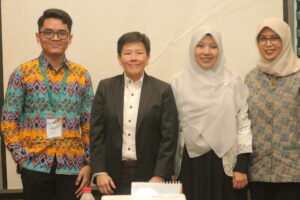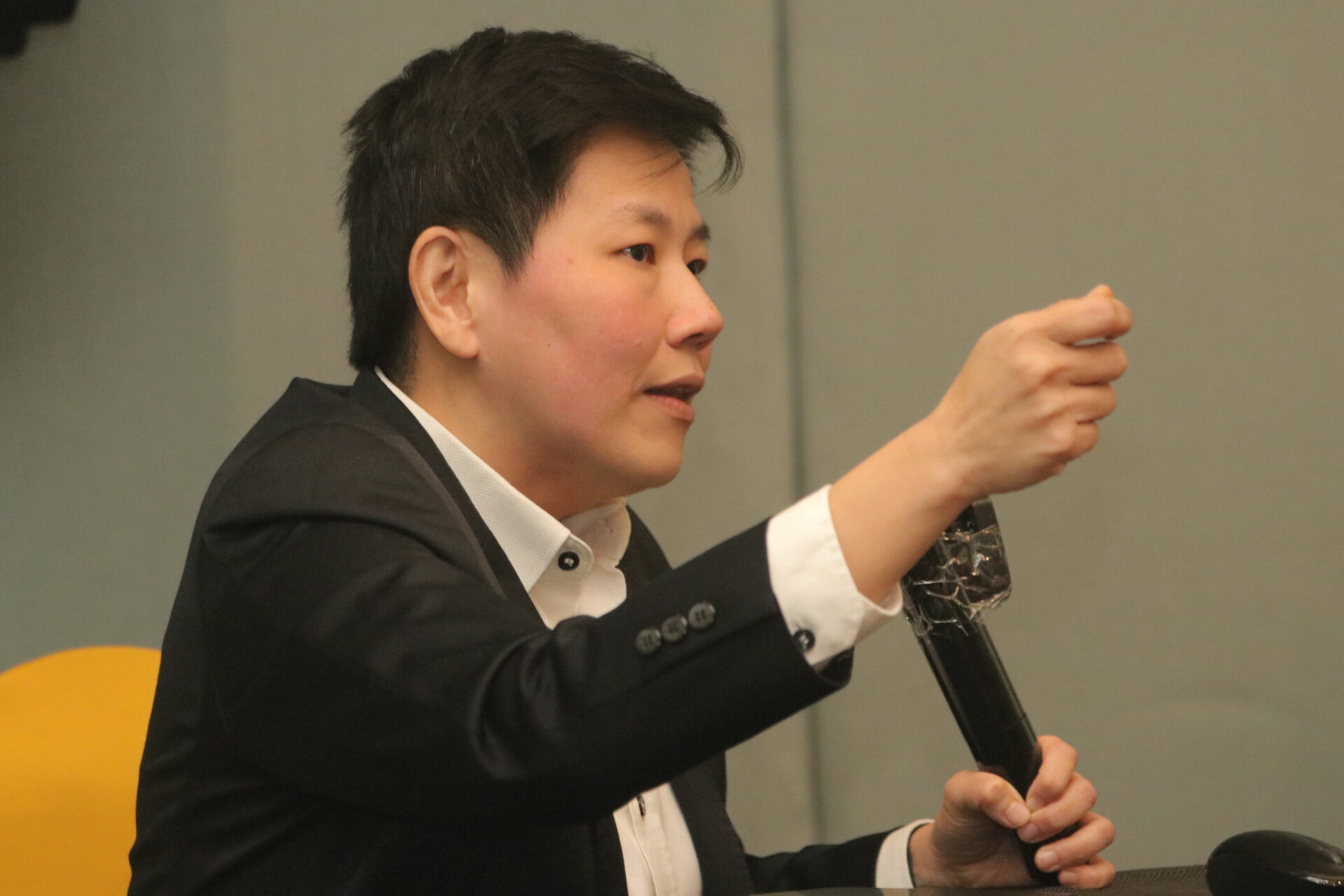[Ambon, July 16th] Director of the Center for International Trade and Investment at Universitas Pelita Harapan, Michelle Limenta, cautioned Indonesia about its Local Content Requirements (LCRs) policy during the IBER-ERIA session at the 19th IRSA International Conference.
Michelle highlighted that LCRs policies run counter to the principles of World Trade Organization (WTO), which generally aims to minimize their implementation globally. She argued against heavily relying on LCRs policies for developing domestic industries, citing potential legal challenges from other countries.
“Indonesia previously faced challenges at WTO dispute forums when implementing LCRs policies, notably with Timor car production, which was found to violate the WTO’s non-discrimination principle,” Michelle pointed out.
She emphasized that under current regulations, only government procurement can apply LCRs, subject to rigorous criteria.
Yessi Vadila, a trade specialist from ERIA, also warned of unintended consequences from Indonesia’s LCRs policies. These include increased imports of high-tech products and the redirection of trade away from sectors affected by TKDN requirements.

“Our research indicates LCRs policies have not been successful in reducing imports of intermediate inputs, and are negatively correlated with export volumes of manufacturing products in the medium-run, despite the lack of unanimous statistical significance in the results,” Yessi explained.
Moreover, LCRs policies tend to raise production costs, and prompting some firms to reduce the share of local content in their production processes. At the aggregate level, these policies slightly decrease overall domestic content, even in critical sectors like oil and gas.
“In conclusion, our findings suggest the economic benefits of LCRs policies are limited and may lead to unintended negative impacts, such as price increases and reduced domestic content, which is contrary to the very objective of the policy,” Yessi concluded.


